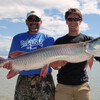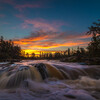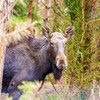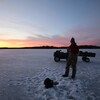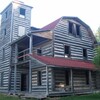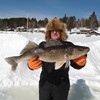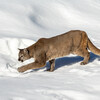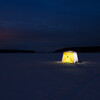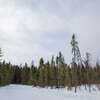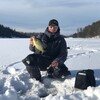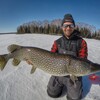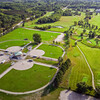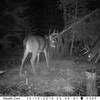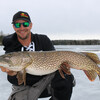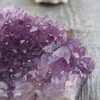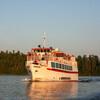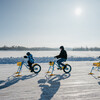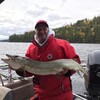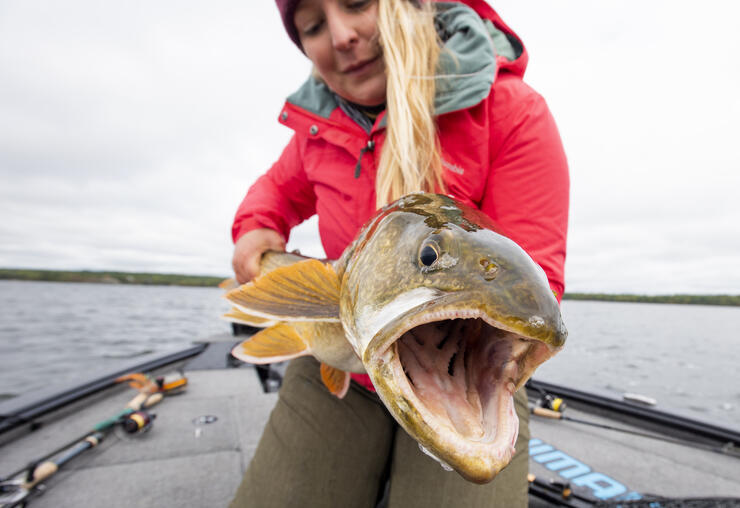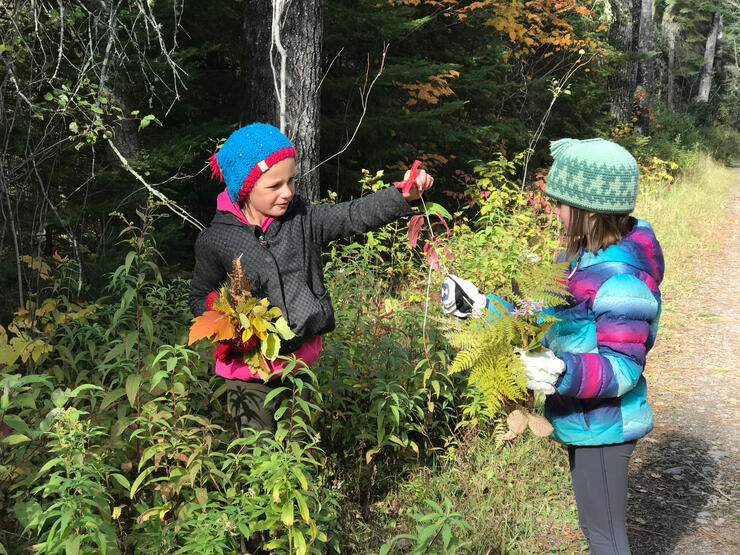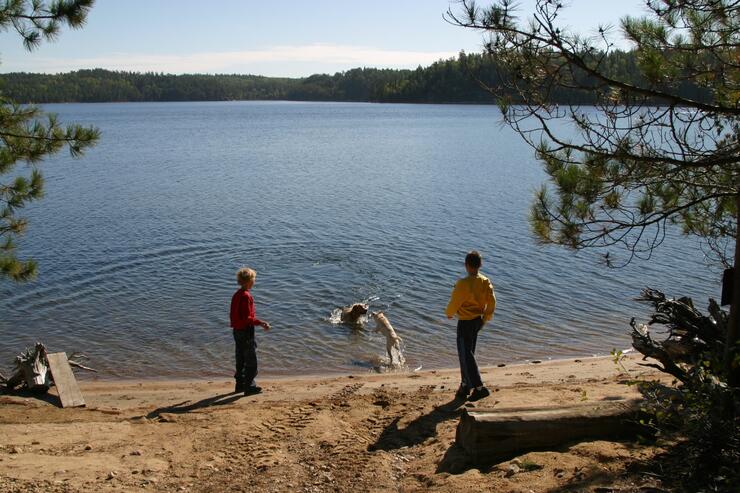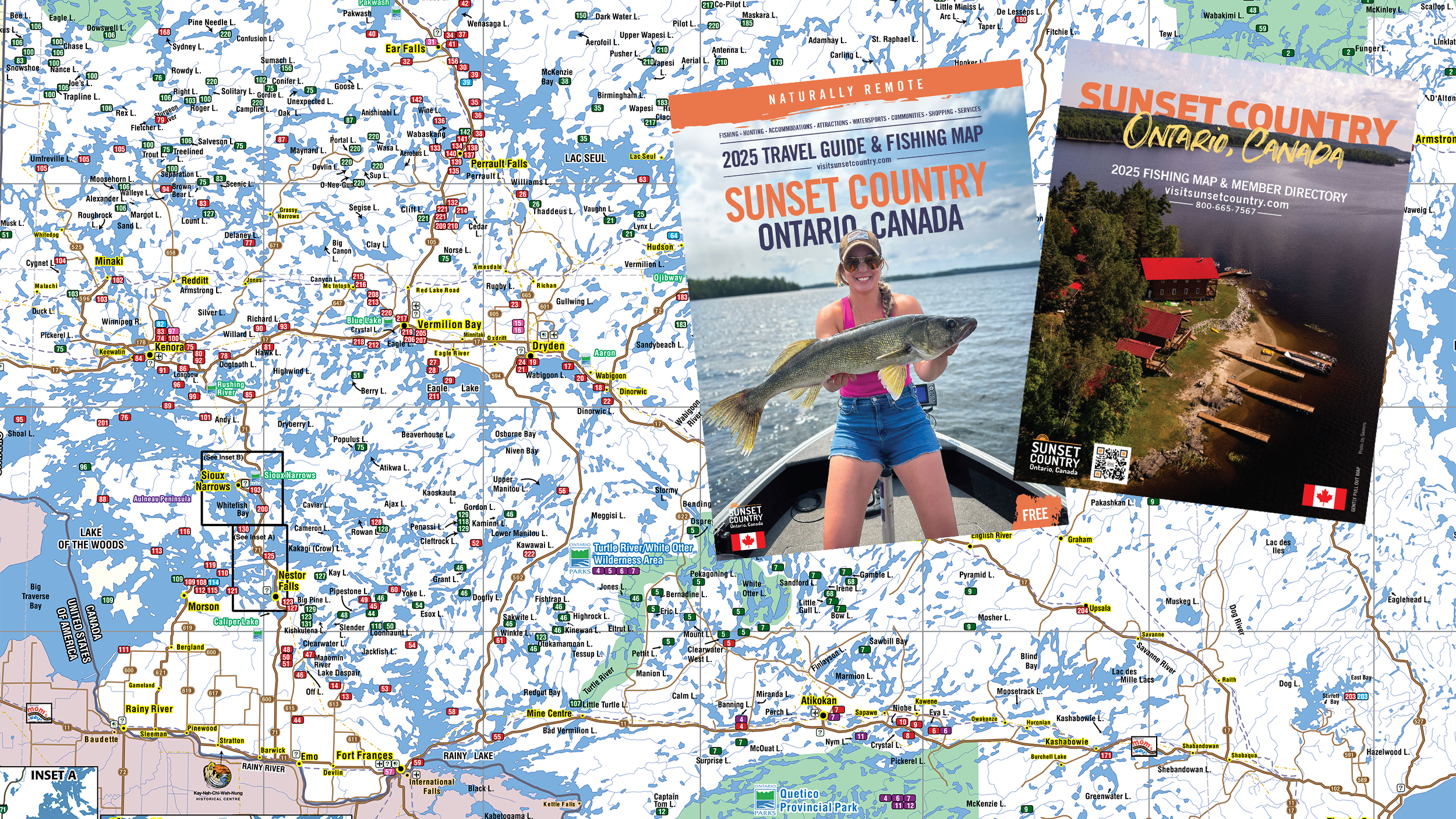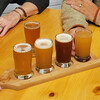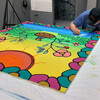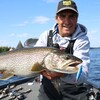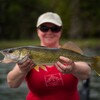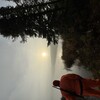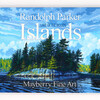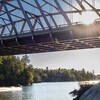
The Value of Wilderness Landscapes
The Value of Good Advice
I have to thank my father for dispensing some good advice to me shortly before he passed away. He told me always to remember that there is a difference in the cost of something versus its value. What he meant was that "success" to most people often focuses on what they have in terms of a monetary measure—how much you make, the possessions you have and so on. His point was that looking at things in that way leads to a very limited understanding of life and its meaning.
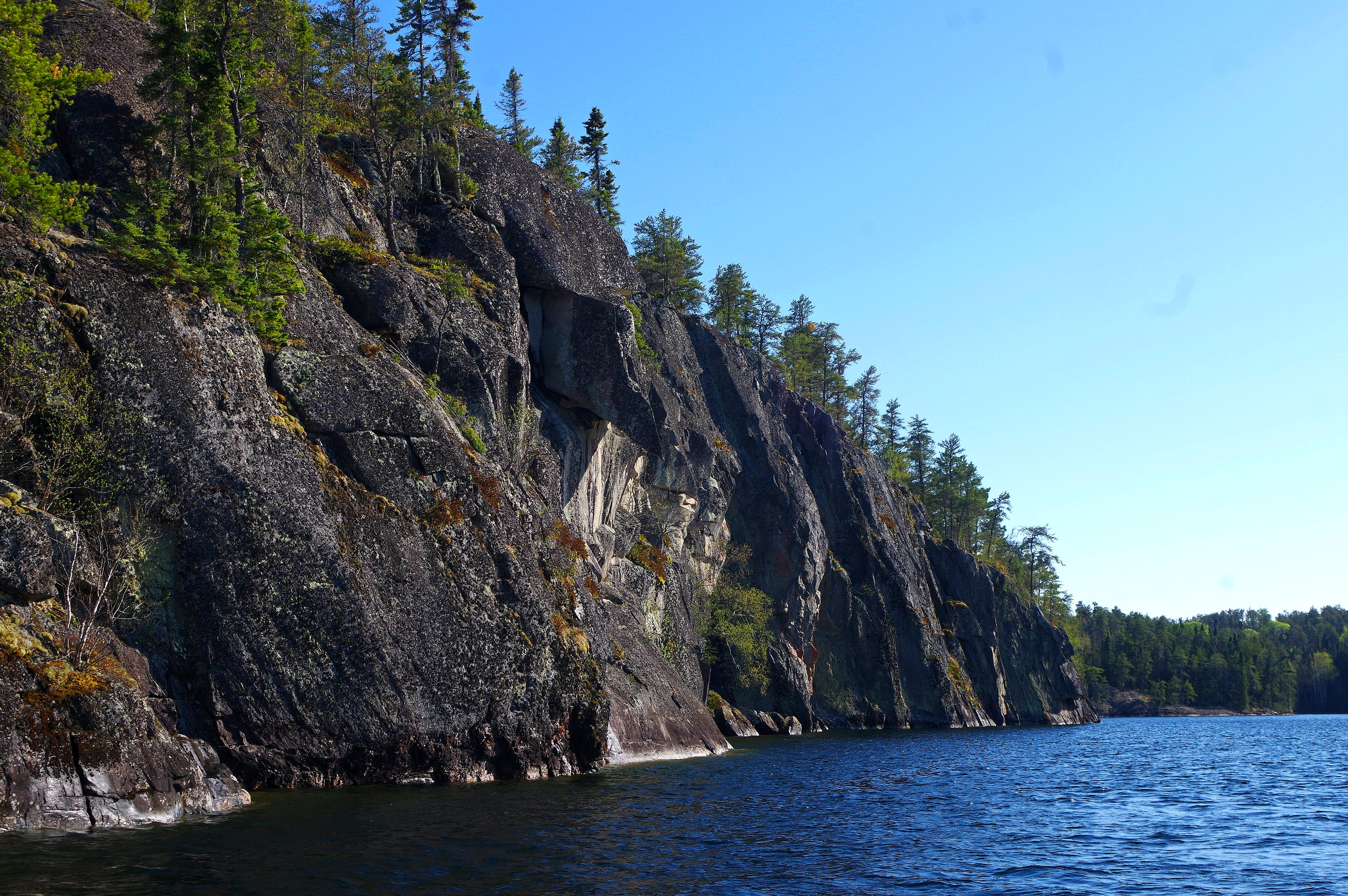
He pointed to many instances in his life of moments that had great value yet cost almost nothing other than time. He gave me an example of a long-forgotten (by me) fishing trip to Fairford Rapids in Manitoba, north of the City of Winnipeg, where I grew up. To him, seeing my joy catching endless catfish and carp that Sunday afternoon in 1970 was an indelible memory—42 years after the trip happened—and was one of the happiest moments in his life.
I'll never forget that story—he passed away four days later—and I took his words to heart as I moved forward in my journey in life. Something as innocuous as a Sunday afternoon father-son fishing trip was one of his cherished memories. Why? because it had infinite value to him—in his mind and in his heart—and from his perspective, that's what life was really about.

The Value of Wilderness
I'll return to the connection between my father's advice and the subject of this article later, but first, let's talk about the wilderness—what it is, what it means, and its "value" to us.
As someone who has experienced the wilderness virtually all my life, I can attest to its value on a personal level, but it's still a good idea to discuss the subject in a general sense. Consider for a moment that the current population on the planet is 7.7 billion people. By 2042, that number is expected to be 9 billion. That's a lot of people, so the pressure on undeveloped and wilderness areas will only worsen.
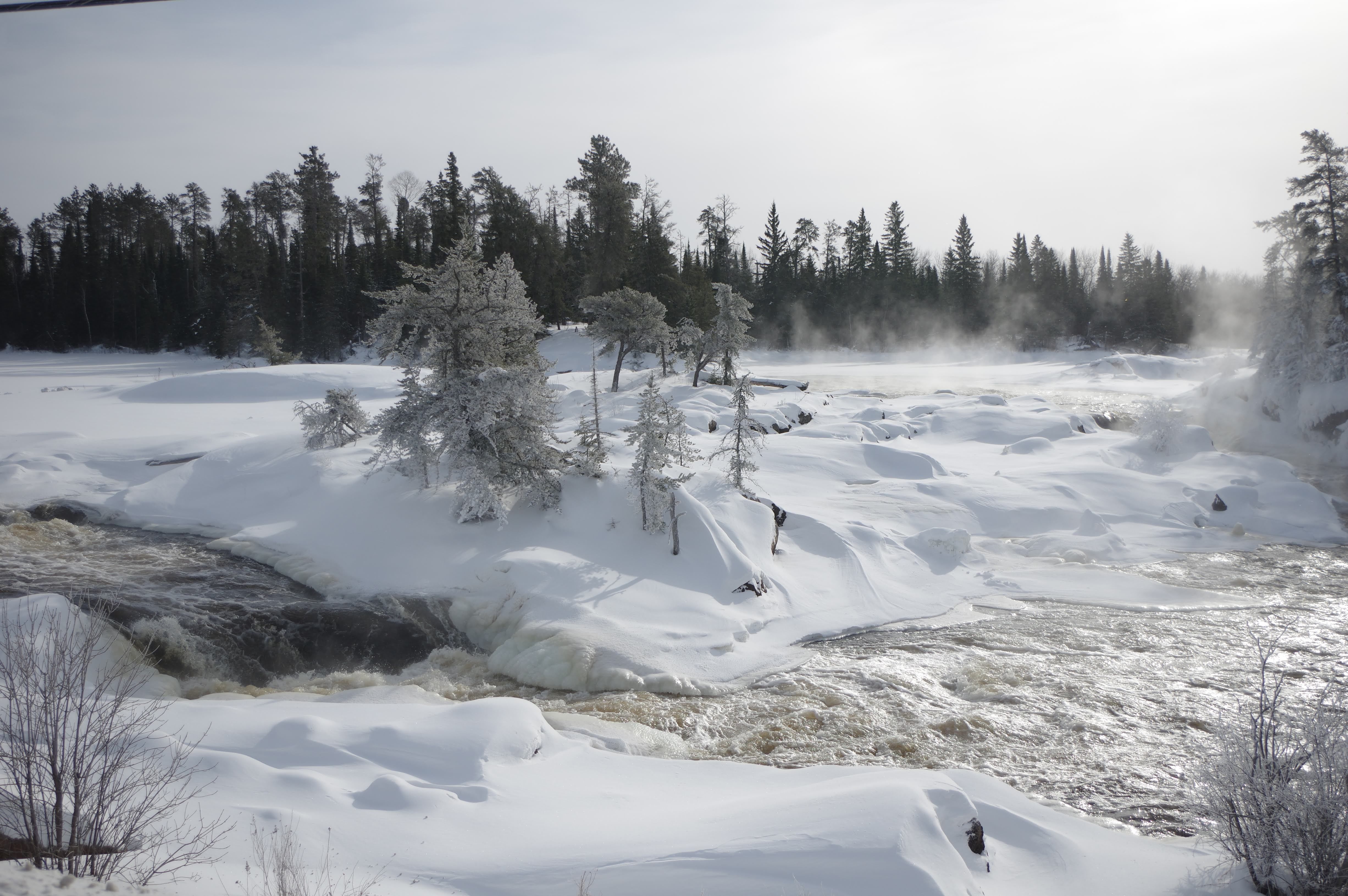
It's important to consider wilderness and its value to us since once it's gone, we can't really get it back—at least not in most cases. But how do you put a price tag on something as innocuous as wilderness? I suggest first looking at what one can do in the wild and then coming back later to discuss its value. My focus, of course, will be on the Canadian Shield and Boreal forest landscapes where I live—and where I want you to visit.
Wilderness Lets you #PaddleON
Paddling a canoe is the best way to explore the Boreal forest and the thousands of lakes in Sunset Country. With over 70,000 lakes to explore, you can put your canoe or kayak into virtually any location. The solitude of the backcountry will restore your soul and open your eyes to things you won't see anywhere else. A lynx swimming across a bay, a cow moose and her calf browsing along the shoreline. These are things you don't usually get to see.
Wilderness Lakes Yield BIG Fish
From a fishing perspective, Sunset Country in Ontario has earned its reputation as Canada's premier fishing destination. Our lakes have more species than lakes in most other regions in Canada, and fish grow to the "super-size" variety up here. Catch 50+ inch muskie, 45+ inch northern pike, walleye over 30 inches, lake trout approaching 45 inches and weighing over 35 pounds and bass exceeding 20 inches and 6 pounds. You'll find all of these species in the same general area, and there are no traffic jams on our wilderness lakes either. In Sunset Country, you can even "own" a Canadian lake for a week up here when you stay at a wilderness outpost cabin.
Wilderness is A Place to Escape
Are you stuck in a traffic jam every day where you live? Tired of living in a concrete jungle? Wilderness allows you to escape the madness that many big cities bring and relax and rejuvenate your mind and body. Watching a sunset is extremely relaxing, and can you put a price on peace of mind? For couples wanting a romantic getaway with a different spin, taking a wilderness trip together is just what the doctor ordered.

Wilderness is a Classroom
There's been much discussion about kids living in cities and their disconnection to nature. Some researchers have gone as far as saying this disconnect leads to behavioural problems. The wilderness is a source of awe for children and a great opportunity to learn about the natural world and the relationships between living things. If you kindle a child's interest in nature, they will take that with them throughout their lives, so it is something for parents to consider.
So there you have it—some tangible reasons why wilderness has value. It's a classroom, a place for recreation, catching big fish, a personal escape, and most importantly, a place to create some great memories with the people you're close to.
But what about its intangible value? That's a more complex question. To me, this is where the heart of the matter lies. Much has been written about why the wilderness is worth preserving, and a common theme we see in these writings is the concept that the wilderness has value not because of humans but despite them. This quote sums it up for me:
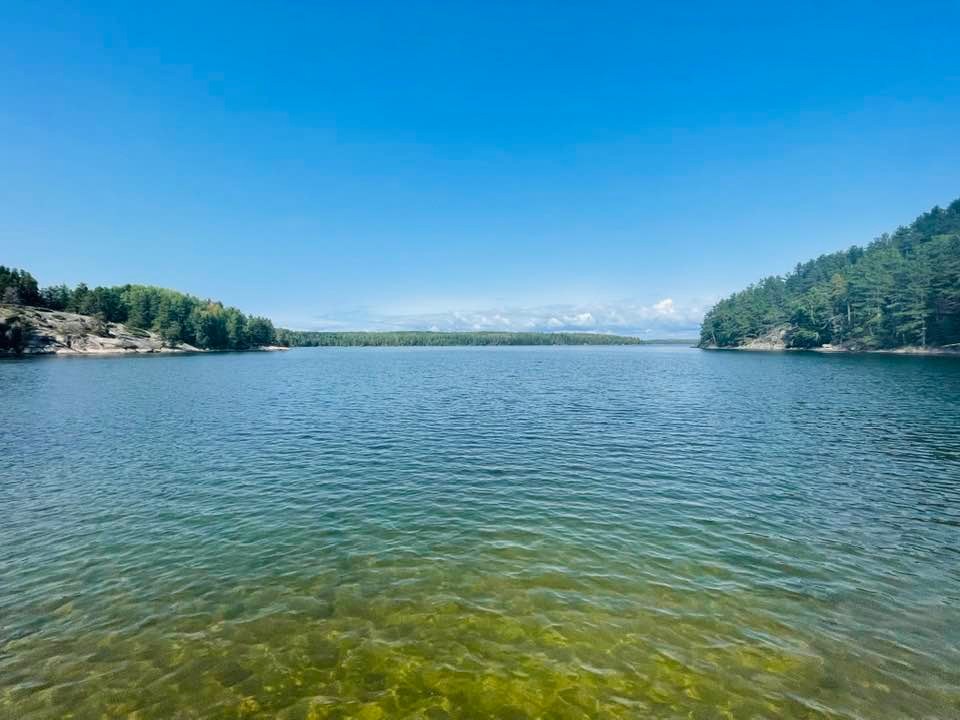
I think this means that the intangible value of wilderness lies in the fact that it has not been influenced by humanity; it is because of symbiotic relationships that exist in the natural world. Once the wilderness is gone, so are these natural relationships between living things—including those involving humans. Without wilderness, we cannot measure our many technological accomplishments or understand that we are not external to the natural world but rather part of it. This concept may seem foreign to many, but it brings me back to my father's words.
His advice was that things that seem minor and inconsequential and that we take for granted are often, many years later, what we value the most. Wilderness is like that—it's always there, it doesn't cost much, and we rarely notice it. For my father, that routine Sunday afternoon fishing trip with his son became one of his happier memories when he got old. He never realized it then, but 40 years later, it was at the forefront of his memories of our times together.
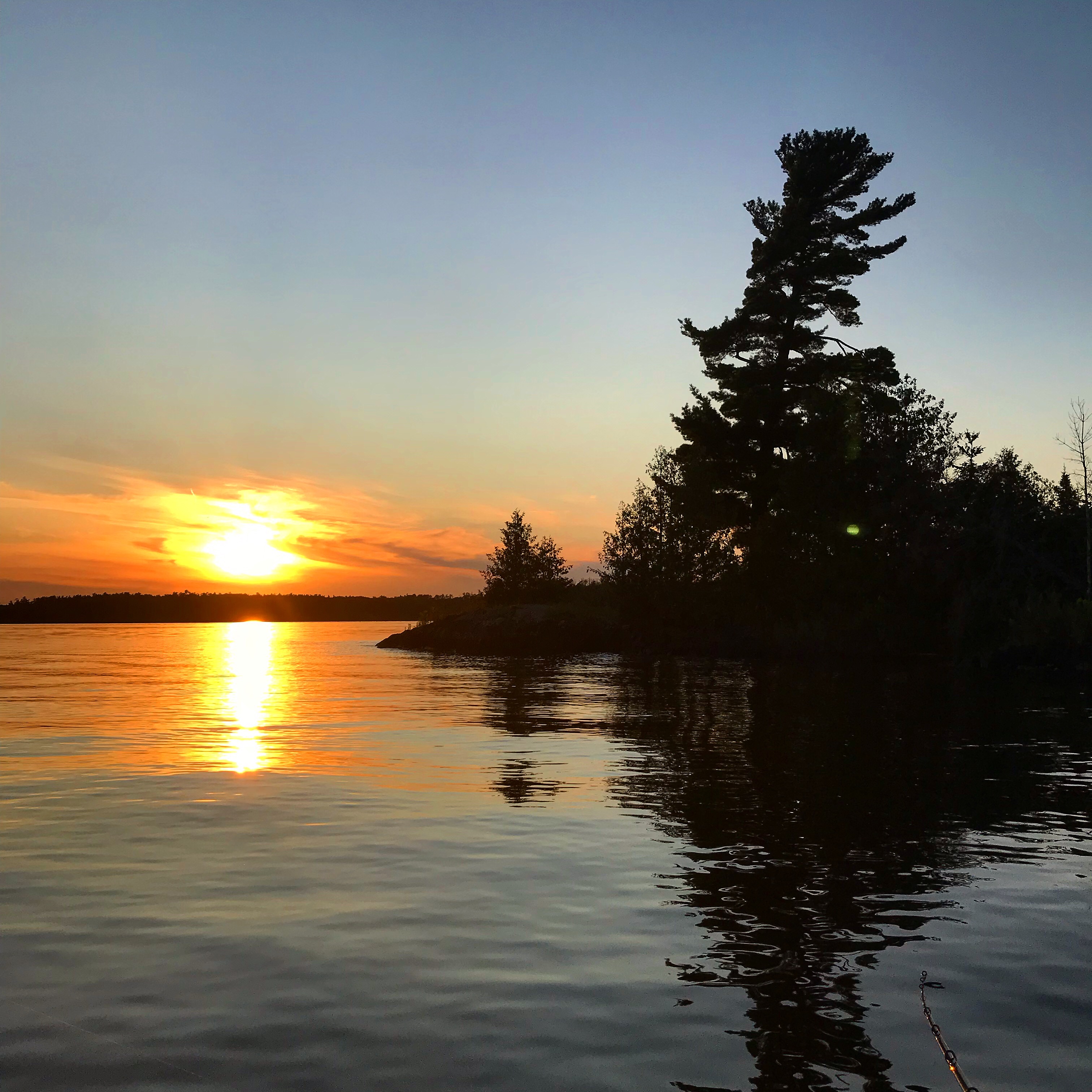
The moral of this story is that "value" is not just measured in monetary terms—and in fact, something's monetary value is one of its least important aspects in the big picture. It's those everyday things we see and do, even if we don't realize it now, that we'll value the most in our later years. That was what my dad was trying to tell me that day.
Wilderness is a lot like that: something we all take for granted, yet we do so at our peril. Because once it's gone, it's gone, and it's not coming back.
Ontario's Sunset Country is the perfect place to experience the wilderness and connect with nature.
Order your free Vacation Guide & Map to start planning your trip.
Recommended Articles
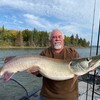
Is the 1,400 Kilometre Drive to Northwest Ontario For a Fishing Trip Worth it?
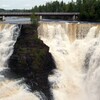
8 must-see waterfalls

6 Ways to Get Your 10,000 Steps This Fall
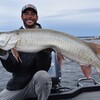
Top 5 Reasons You Should Be Fishing in Morson, Ontario
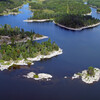
Discover The Winnipeg River
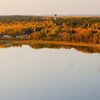
Enjoy Sunset Country's Fall Colours on Your Next Road Trip

Fishing in the Fall?
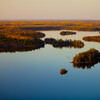
6 Reasons to Book a Fall Vacation to Sunset Country
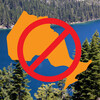
10 Reasons to Avoid Ontario’s Sunset Country
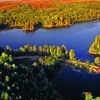
Heading Across Canada?

A Guide to Sunset Country Museums
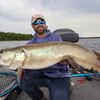
The Promised Land: Best Muskie Fishing in Ontario
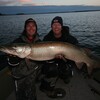
Fall Fishing Tips
5 Essential Boreal Experiences in Ontario's Sunset Country
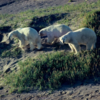
5 Obscure Facts About Northwestern Ontario: Were You Aware of These?

Great Food in Relatively Unknown Places
Outdoor Medicine
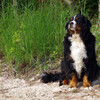
A Guide to Bringing Your Pets on Vacation to Canada
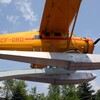
There's more than just fishing in the Red Lake Region
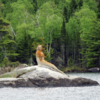
5 Amazing Sights You Can Only See By Boat
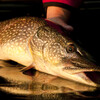
Going Fishing in Canada?
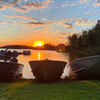
Going fishing in Ontario?
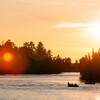
Outdoor Adventure in Ontario's Northern Paradise
Planning A Family Fishing Trip to Canada
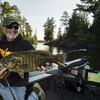
Tips from a Fishing Legend
